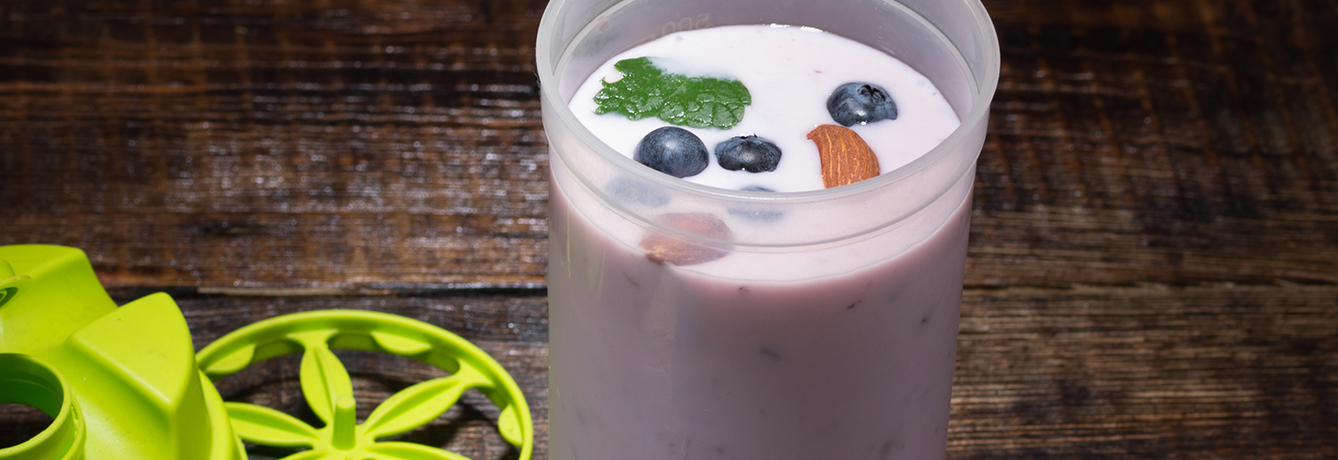Affecting nearly 3 million Americans and 50 million people worldwide, epilepsy is a chronic neurological disorder in which misfiring brain cells result in seizures, transiently disrupting consciousness and motor control. Medication can help the majority of sufferers, though more than 30% still have seizures even with pharmacological intervention. Fortunately, emerging research sheds light on the role diet and nutrition may help play in ameliorating this ailment.
In a Chinese study published in Phytomedicine, researchers fed okra extract to one group of mice then compared their behavior to a control group. Mice fed okra went 248% longer without experiencing epileptic symptoms. Moreover, in a swim test the okra-fed mice were able to relax and float 36% sooner than did the control group, suggesting less anxiety and depression, which are often associated with epilepsy among humans. Previous lab research indicated that okra compounds helped protect against brain injury, and this study further suggests that these compounds enter the brain, possibly countering convulsions and depression.
Okra also provides 50% of your manganese needs (1 cup raw). Seizure sufferers were found to have particularly low levels of manganese, when several human studies were reviewed by Colombian scientists. That same serving of okra boasts an impressive 70% of daily vitamin K, 35% vitamin C and 20% folate. Other studies have found low levels of both folate and vitamin C with increased prevalence of depression. Okra is popular in slow-cooked, stew dishes like gumbo. To minimize the somewhat sticky, gooey texture of okra, mix it with acidic ingredients like citrus, tomatoes and vinegar as in Okra with Basil and Tomatoes.
Published September 1, 2011



